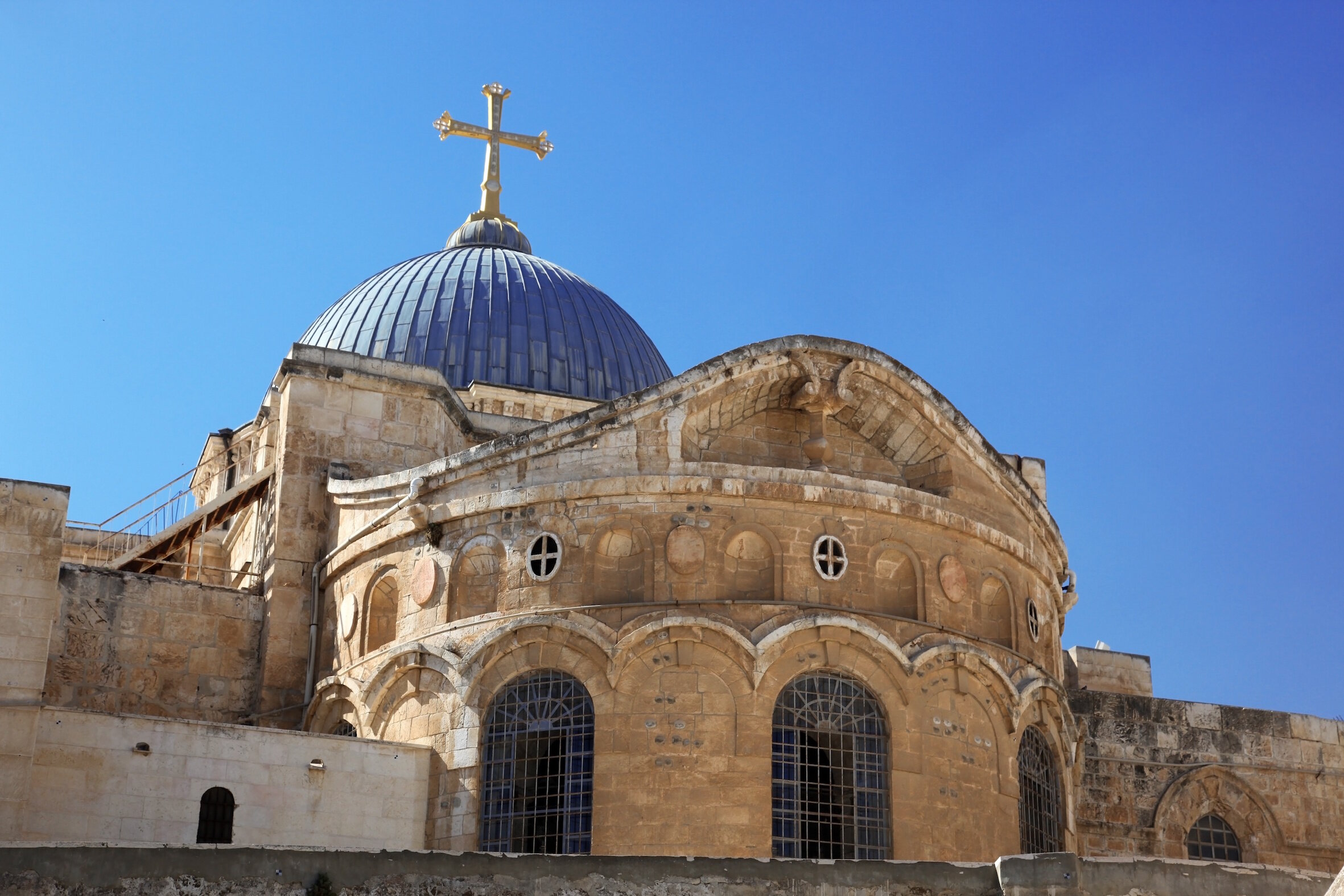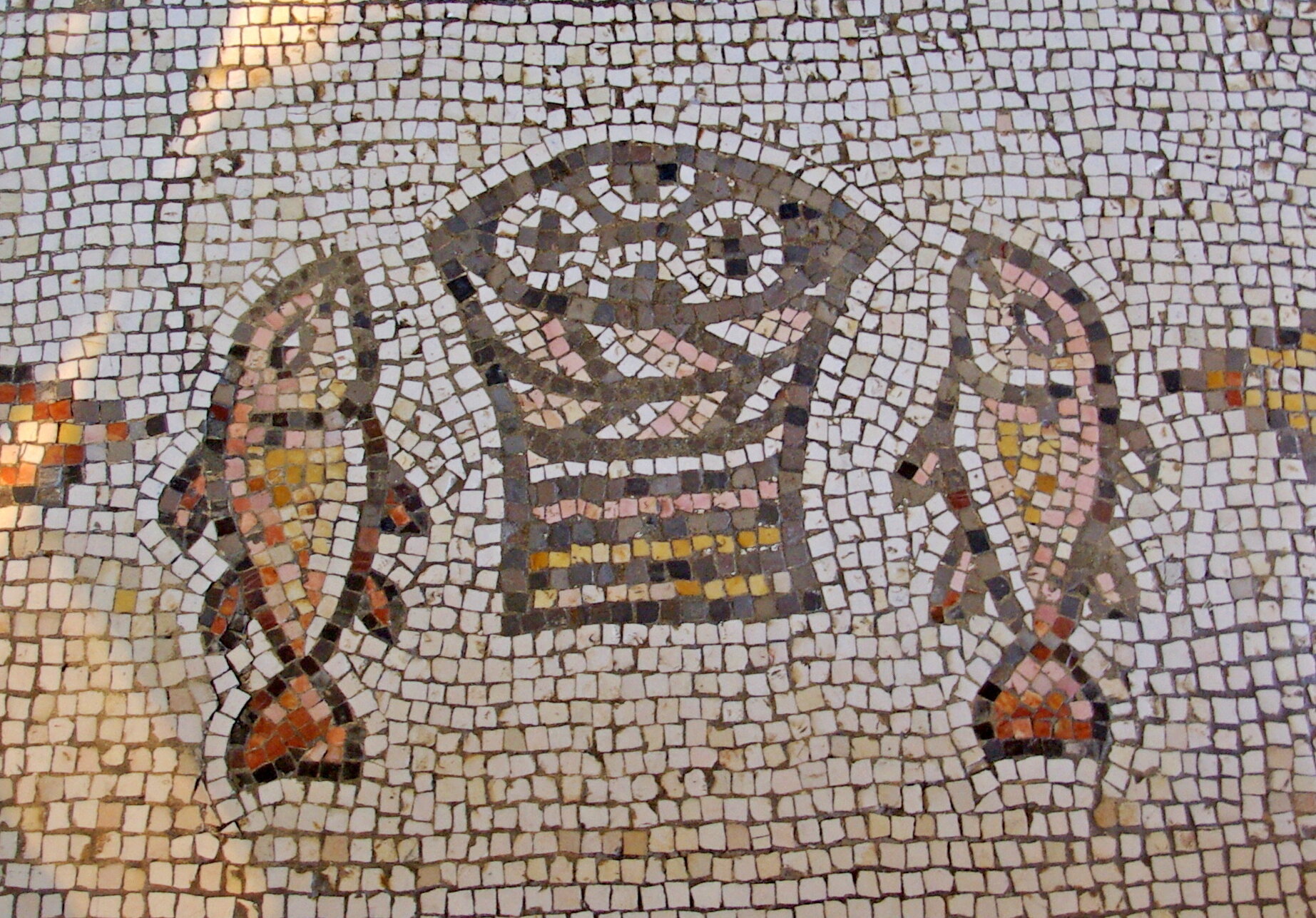When hearing the Parable of the Labourers in the Vineyard (Mt 20:1-16), it is quite possible that our initial reaction is one of indignation. After all, why should the Johnny-come-latelies who have only arrived in time to do an hour of work in the cool of the late afternoon receive exactly the same wages as those who have been slogging away for the whole day under the glare of the sun? Surely any child can see that this is unfair?
From a purely worldly point of view, perhaps the labourers who had put in a full day would be justified in feeling slightly disgruntled. What we need to realise, however, is that the vineyard that Our Lord is talking about is not just any old vineyard, but rather an allegory for the Kingdom of Heaven, where different values apply. Neither is the landowner in Our Lord’s parable any ordinary landlord. He is, of course, God. And God’s ways are not our ways. Yes, of course the latecomers are lucky to receive a full day’s worth of payment. The truth, however, is that the really fortunate ones in the parable are those who have enjoyed the wonderful privilege and dignity of working honestly in a good and safe environment for a boss of such remarkable generosity and integrity. Who knows where the latecomers have been idling, or what they have been up to, for the greater part of the day?
God’s mercy is so immense and unfathomable that there are those who scrape into the Kingdom of Heaven during the last moments of their lives. Thankfully the many confessionals around the Oratory church do not have ears to hear or tongues to talk, but if they did then no doubt they could tell tales of lifelong burdens of guilt being lifted and dissolved in the Sacrament of Confession, all with the space of time it takes a priest to pronounce the three short words, “Ego te absolvo”. The puritanical temperament seems to find this vexing, as if it all makes forgiveness too easy for hardened sinners. But a Catholic will always find the return of any lost sheep to the fold to be a cause for celebration. There is nothing that gives us more joy than the account of a deathbed conversion. On seeing the obituary of a dissipated old roué, or even a politician whose life has been devoted to promoting the culture of death, a decent Catholic will pull out his Rosary beads and immediately start working to gain indulgences, in the hope that the deceased escaped eternal damnation by opening his heart to God’s mercy in those last moments, and to settle any outstanding debts of temporal punishments due for sin, in order that another soul may be unencumbered and released on its journey from Purgatory into Heaven. Conscious that we are all sinners, we must never begrudge the graces given to others, but rather rejoice whenever and wherever God’s mercy is manifested.
Those of us who are converts to the Catholic religion will be particularly aware of the magnificent workings of God’s grace. Once we are in a State of Grace, we can of course merit more graces, because we are animated with the life of Christ within us. The initial grace that calls us to conversion and incorporation into the Mystical Body of Christ, however, and the grace that calls us to repentance if ever we sin mortally, is always undeserved, and a mark of God’s gratuitous love – something that must never be taken for granted, and for which we must always be grateful.
From the worldly or puritanical perspective, converts might seem to have too an easy time of it. It may be objected that, after a life unburdened by the obligations that govern the life of “cradle” Catholics, we arrive late in the day to receive the same spiritual benefits as those who have striven to observe the Church’s precepts for a lifetime. For a convert, however, it is those who have been nourished within the one true fold of the Redeemer since childhood who are the most blessed. We who have spent too much of our lives in an irreligious wasteland, or feeding on sparse fragments of divine truth mixed in with the poison of error in some other denomination, can only wish that we had been led into the nutritious pastures of Catholic doctrine and the Sacraments, and into communion with the successor of St Peter, much sooner.
One of the casualties of the coronavirus disruption has been the enquiry class for converts, which we have only just resumed after several months’ hiatus. If you know anyone who is interested in learning more about our Catholic Faith and what it means to be incorporated into the one true fold of the Redeemer, then please do encourage them to come along. As numbers are restricted owing to the boring precautions we have to take at the moment, they should enquire first by telephone at Oratory House (02078080900). We meet at 8pm on Wednesday evenings.
Father Julian Large













